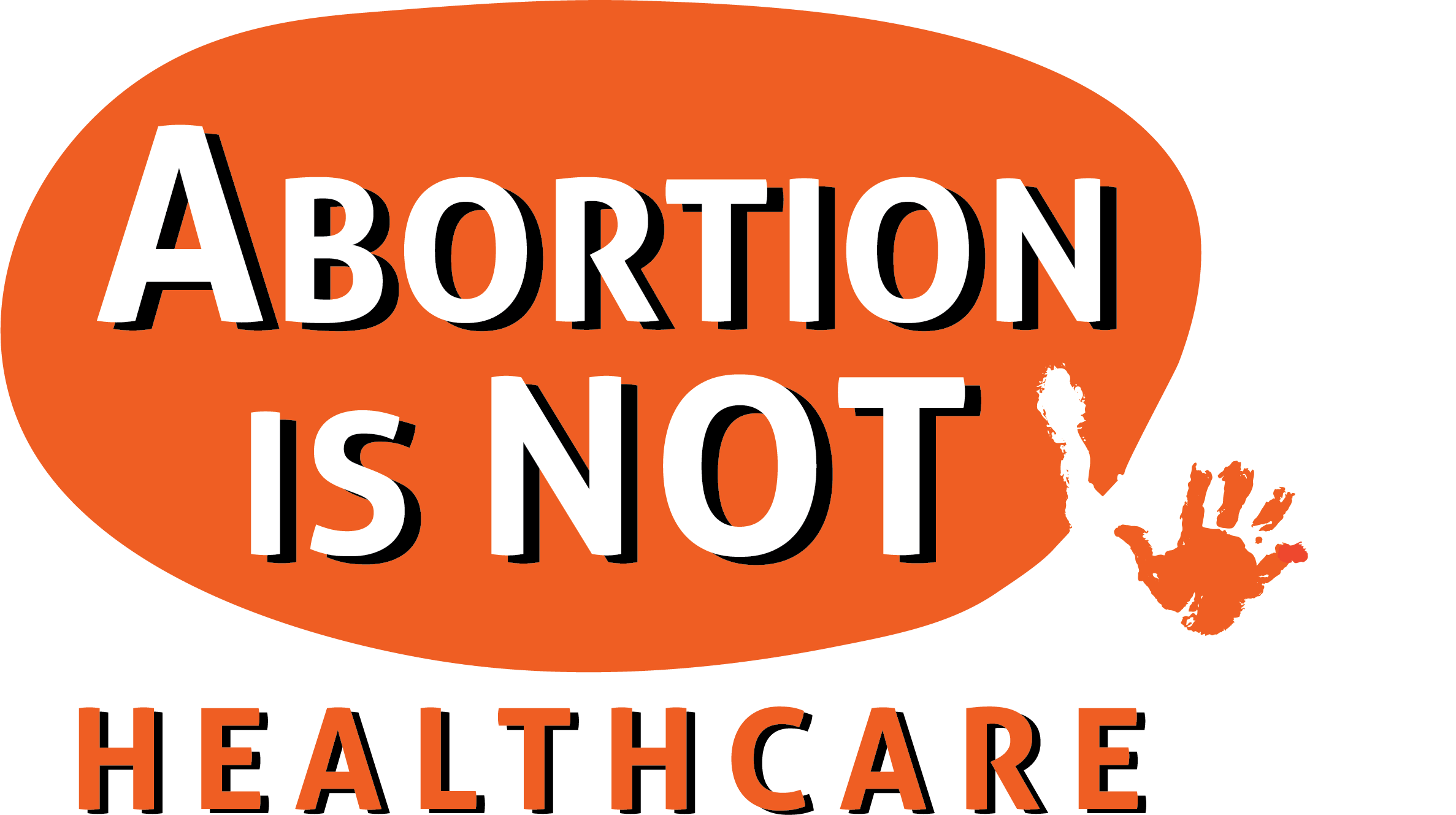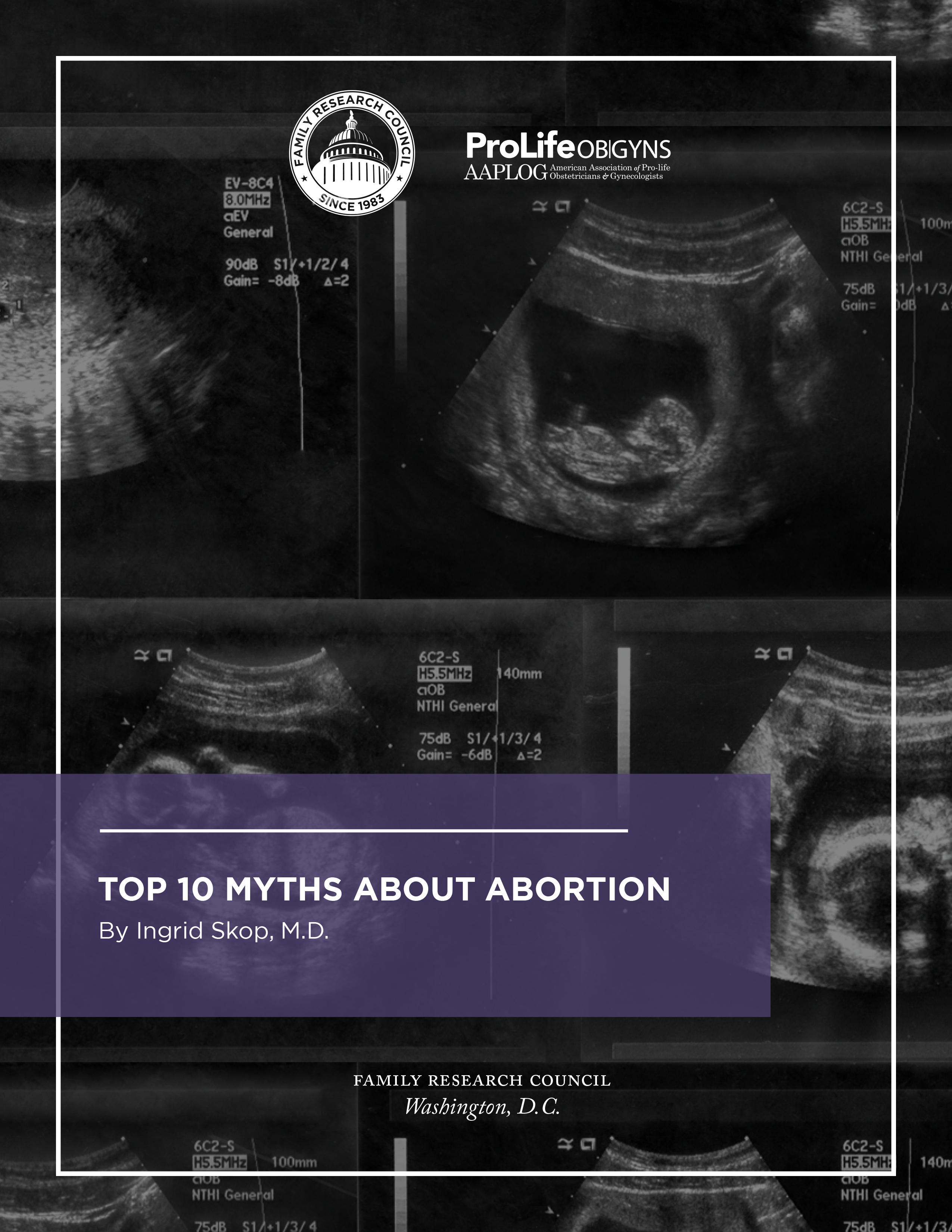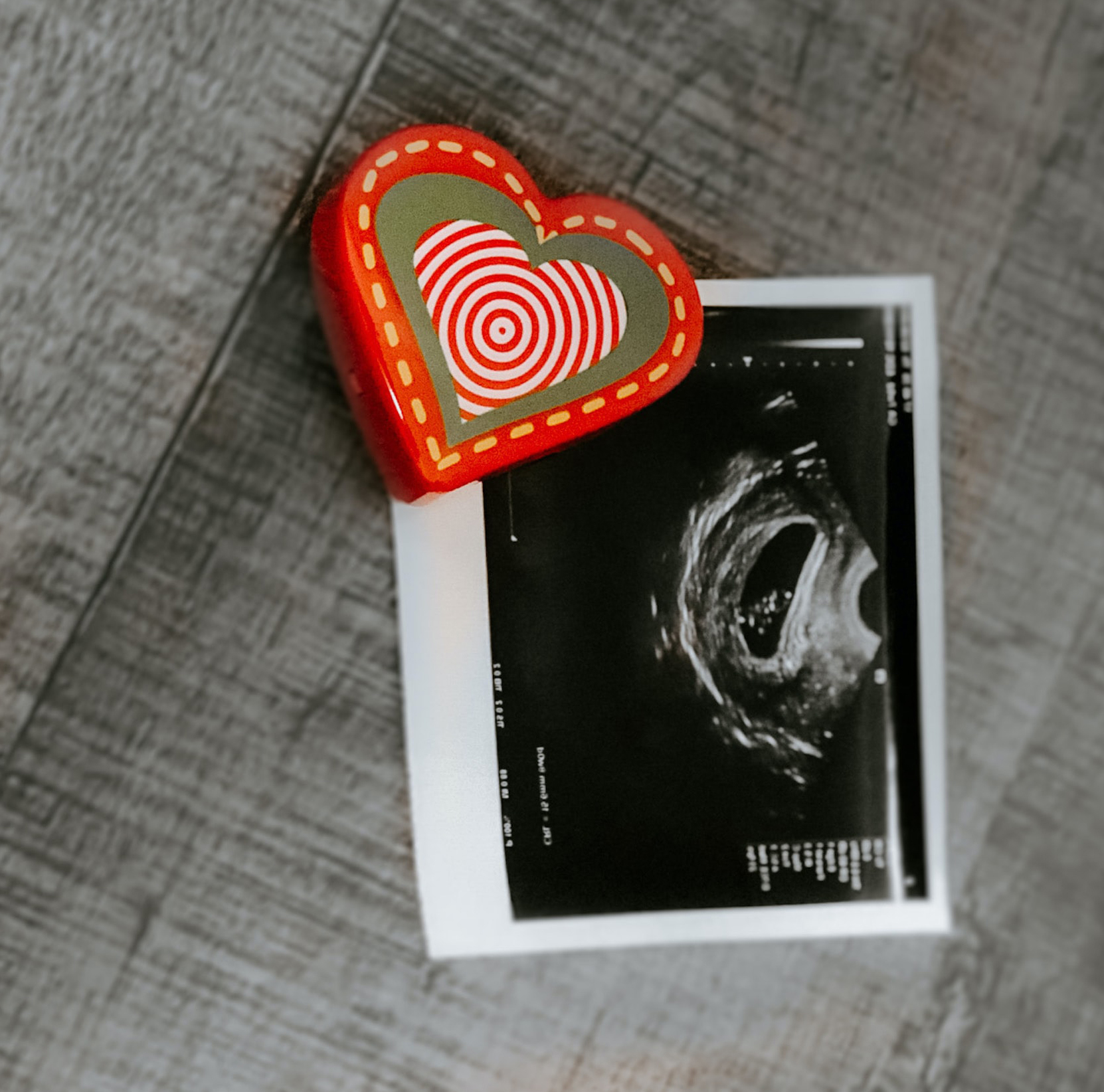
WV Law Says:
Medical treatment for ectopic pregnancy, miscarriage and stillbirth is “not considered an abortion.”
Abortion Has Failed Women. Unraveling the Damage Workshop (2022)
The Embrace of the Proabortion Turn-away Study: Wishful Thinking? or Willful Deceptions?
The American Association of Pro-Life Obstetricians and Gynecologists (AAPLOG.org)
Premature delivery is not induced abortion
NEWS / By Admin
The American Association of Pro-Life Obstetricians and Gynecologists affirms the Dublin Declaration which states:
As experienced practitioners and researchers in Obstetrics and Gynecology, we affirm that direct abortion is not medically necessary to save the life of a woman. We uphold that there is a fundamental difference between abortion and necessary medical treatments that are carried out to save the life of the mother, even if such treatments results in the loss of life of her unborn child. We confirm that the prohibition of abortion does not affect, in any way, the availability of optimal care to pregnant women.
There is a night and day difference between induced abortion and separating a mother and her unborn child for the purposes of saving a mother’s life (preterm parturition). There are times when separating the mother and her unborn child is necessary to save the life of the mother, even if the unborn child is too premature to live. In those tragic cases, if possible the life of the baby will be attempted to be preserved, and if not possible, the body of the unborn child is treated with respect, recognizing the humanity of the life which is lost in the separation. In contrast, the purpose of an induced abortion is to produce a dead baby. The Centers for Disease Control and Prevention defined legal induced abortion as an “intervention performed by a licensed clinician (e.g., a physician, nurse-midwife, nurse practitioner, or physician assistant) that is intended to terminate a suspected or known ongoing intrauterine pregnancy and produce a non-viable fetus at any gestational age.” That is what an abortionist is paid to do: to kill the unborn child before delivering it, or to kill the child during the delivery process, as is done with partial-birth abortion. So the focus of the abortion procedure is on killing the unborn child, and the purpose of the abortion is to produce a dead baby. Induced abortion, that is the deliberate killing of an unborn child prior to separating that child from the mother, is never necessary to save the life or preserve the health of any woman.
For further comment please contact our Executive Director, Donna Harrison, M.D., by email at communications@aaplog.org or by phone at (202) 230-0997.
The American Association of Pro-Life Obstetricians and Gynecologist (AAPLOG.org)
what is aaplog’s position on treatment of ectopic pregnancy?
NEWS / By Admin
July 2010 Ectopic pregnancy refers to any pregnancy that is implanted outside the uterus, most commonly in the fallopian tube. By the time an ectopic pregnancy has been discovered (usually by 7 to 8 weeks gestation) the embryo has died in the majority of cases. However, the supporting tissues for the pregnancy often continue to grow and can cause life-threatening bleeding, either through rupture of the fallopian tube or other mechanisms. In a small number of cases a living embryo can be observed in the ectopic pregnancy. Unfortunately, this embryo will die in the near future if observation is continued, and the mother’s life remains in imminent danger from a life-threatening hemorrhage, before and after the death of the embryo. Continuation of such a pregnancy cannot result in the survival of a baby and entails a very substantial risk of maternal death or disability. Hence treatment is commenced to end the pregnancy surgically or medically. In certain cases, an additional benefit of early treatment may be preservation of fertility potential. This scenario is somewhat analogous to the case of a woman who develops an intrauterine infection with an unborn child that is too early to survive outside the womb. There is no chance for survival of the child, either inside or outside the womb, but there is a very real, imminent danger of death or disability for the mother. In these cases delivery is effected to preserve the life of the mother. Regrettably, in each of these clinical situations the child cannot be saved. In either case, the intent for the pro-life physician is not to kill the unborn child, but to preserve the life of the mother in a situation where the life of the child cannot be saved by current medical technology. For these reasons the American Association of Pro-Life Obstetricians recognizes the unavoidable loss of human life that occurs in an ectopic pregnancy, but does not consider treatment of ectopic pregnancy by standard surgical or medical procedures to be the moral equivalent of elective abortion, or to be the wrongful taking of human life.
The American Association of Pro-Life Obstetricians and Gynecologist (AAPLOG.org)
aaplog statement on the necessity for ultrasound before elective procedures on the pregnant woman
NEWS / By Admin
For any proposed obstetrical/gynecological procedure on a pregnant woman it is essential to know the location of the pregnancy (intrauterine or extrauterine), the estimated gestational age and whether the embryo/fetus has cardiac activity or not, and to rule out uterine anomaly. Ultrasound can most accurately provide this information (1,2). Accurate information regarding these factors facilitates the obtainment of proper informed consent and allows for any necessary alteration to the proposed procedure for efficacy and patient safety. Therefore, the acceptable standard of care would be to obtain a sonogram evaluation of the pregnancy before performing a significant medical or surgical procedure on a pregnant woman. 1. American College of Radiology (ACR) practice guideline for the performance of obstetrical ultrasound. In: ACR practice guidelines and technical standards, 2007. Reston (VA): ACR;2007.p.1025-1033. 2 Mongelli M, Wilcox M, Gardosi J. Estimating the date of confinement: ultrasonographic biometry versus certain menstrual dates. Am J Obstet Gynecol. 1996;174:278.
TOP 10 MYTHS ABOUT ABORTION
By Ingrid Skop, M.D.
A NOTE FROM THE AUTHOR:
I hope the points I have raised in this paper will cause those who consider themselves to be “pro-choice” to question some of the assumptions they have made about abortion. Abortion is a difficult topic to talk or even think about. It has invaded deeply into the fiber of our society precisely because most of us do not want to address it until it confronts us directly.
While most Americans have ignored it and while our health departments and medical societies have turned a blind eye to it, abortion has adversely affected far too many women, injured many physically and emotionally, destroyed families, and damaged the psyche of our country. Pro-abortion rhetoric sounds so benign (“women’s rights”; “reproductive freedom”;
“women’s health care”) that many times we fail to think about what these terms represent. You don’t have to believe like I do—that abortion is harmful to women, families, and society. But please have the courage to look into it yourself. Follow the leads I have provided in the citations to study this subject more deeply. Begin to have difficult conversations with friends and family so you can help others to really confront this issue too. It is time that our country sees abortion for what it really is—for the sake of women and children yet unborn.
Ingrid Skop, M.D.
April 23, 2018
Ingrid Skop, M.D., F.A.C.O.G. has been a practicing obstetrician-gynecologist in San Antonio, Texas for 22 years. She received her Bachelor of Science in physiology from Oklahoma State University and her medical doctorate from Washington University School of Medicine. She completed her residency in obstetrics and gynecology at the University of Texas Health Science Center at San Antonio. Dr. Skop is a Fellow of the American College of Obstetrics and Gynecology, and a Board Member of the American
Association of Pro-Life Obstetricians and Gynecologists (AAPLOG). She is the Board Chairman of Any Woman Can Pregnancy Resource Center in San Antonio and is a Charlotte Lozier Institute Associate Scholar. Dr. Skop is married to a physician and is the proud mother of two sons and a daughter.



